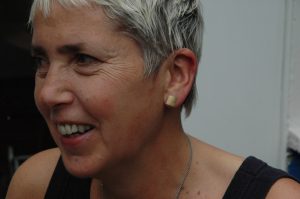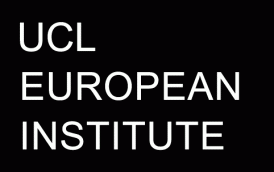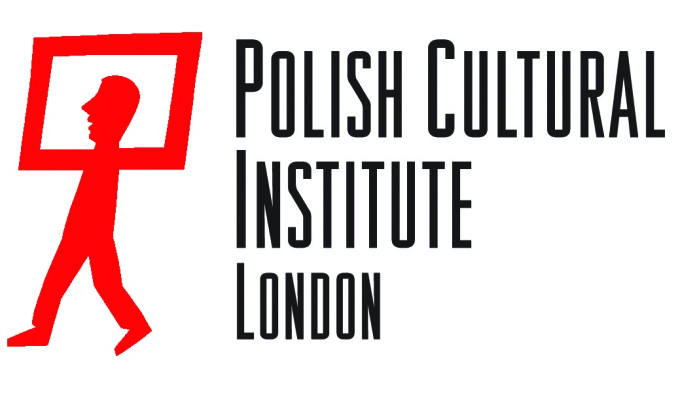If not for my name, I’d pass for English as I lost my accent early on
Maria Jastrzębska in conversation with Marek Kaźmierski
June 2013

MARIA JASTRZĘBSKA
1 / Can you tell us a little bit about yourself, and how you came to be writing poetry in the UK?
I came to London as a young child with my family who were escaping post-war Communism and who saw the UK as the land of freedom and democracy. I always wanted to write and started early, even before I was actually literate. At one point, I thought I’d be writing short stories, but poetry somehow claimed me and it ain’t letting go!
2/ Having a non-English name, is that something which has ever had an influence on your career as a poet? Do people ever comment on it or do we live in a society where multiculturalism really is now the norm?
Is it more of a norm in London? I think my Polish surname with both a z and an ę in it has made a big difference. People baulk at it, commenting constantly wherever I go in the UK and every time I meet someone for the first time. If not for my name, I’d pass for English as I lost my accent early on. Not only does hardly anyone introducing me at poetry events ever pronounce it even half-right, but on a deeper level I think it does create a barrier of sorts. People can’t say it, spell it… or remember it. I’ve written about this at greater length in the following I do think it has contributed to my work being marginalised. But I won’t change it!
3 / What is your relationship with the Polish language? How do the two coexist in your creative mind/processes?
English is my dominant language, so I feel much less confident in Polish, but on the other hand it has a profoundly emotional resonance for me. I ‘think’, ‘hear’ or start my poems in English, but sometimes I check a word or a line in Polish. And Polish words sneak in. I miss hearing it more as I live and work with English speakers nowadays. Brakuje mi czegoś.
4 / Your work involves a lot of collaboration with other artists and orgs, often on an international level, can you tell us more about this aspect of your practice?
I love collaborations! I hope to do more. Having actors bring my drama Dementia Diaries to life was a real highlight as well as working with the composer and the director of course. I am also excited by other art forms and the cross-fertilisation when you work with someone else. I’ve co-translated a book of Slovenian poetry and loved that as a way in to a ‘cousin’ culture. The international aspect is vital for me. Otherwise I feel trapped in English insularity. I’m currently involved in a queer oral history project in Brighton as an editor and I have done a lot of work with a youth group here as well as teaching some emerging Polish poets. It’s good to get out of the ivory tower/isolation of working on your own stuff. I love working with groups and teaching comes quite naturally to me though these days I am more focused on my writing.
5 / How do you feel when being defined as a “migrant writer”? Does that label work for you, or is it something you feel needs to be challenged?
It’s like with any label. Interestingly reviewers seem to be picking up on the ‘immigrant’ aspect of my new book. See for instance though it’s certainly not the only theme in the collection.
I don’t think we can do away with labels at this point in time, but of necessity they are limited. It all depends how they are employed – whether to signal something of interest or to pigeon-hole – and so belittle – a writer. A similar problem arises with other terms woman writer etc etc. No one wants to be ghettoised or have their work side-lined. At the same time, eMigration informs my work and this will have a particular resonance with other i/emigrants as well as more general appeal. I am deliberately avoiding the term ‘universal’, as I think it’s a fiction, defined by whoever runs the show.
6 / How did you choose which language to write in and what difference has it made to your creativity/writing career?
I do wonder how differently I might be writing if my early reading had been more steeped in Polish literature as opposed to the mere glimpses of it I had growing up in the West. But then I’m grateful for some of the so called Western influences I did enjoy. I am also curious as to whether I’d have got to being a writer sooner or even later if I’d been living in Poland. I’m glad of the counter-culture of the 1970′s here. But this is a much longer topic




Recent Comments